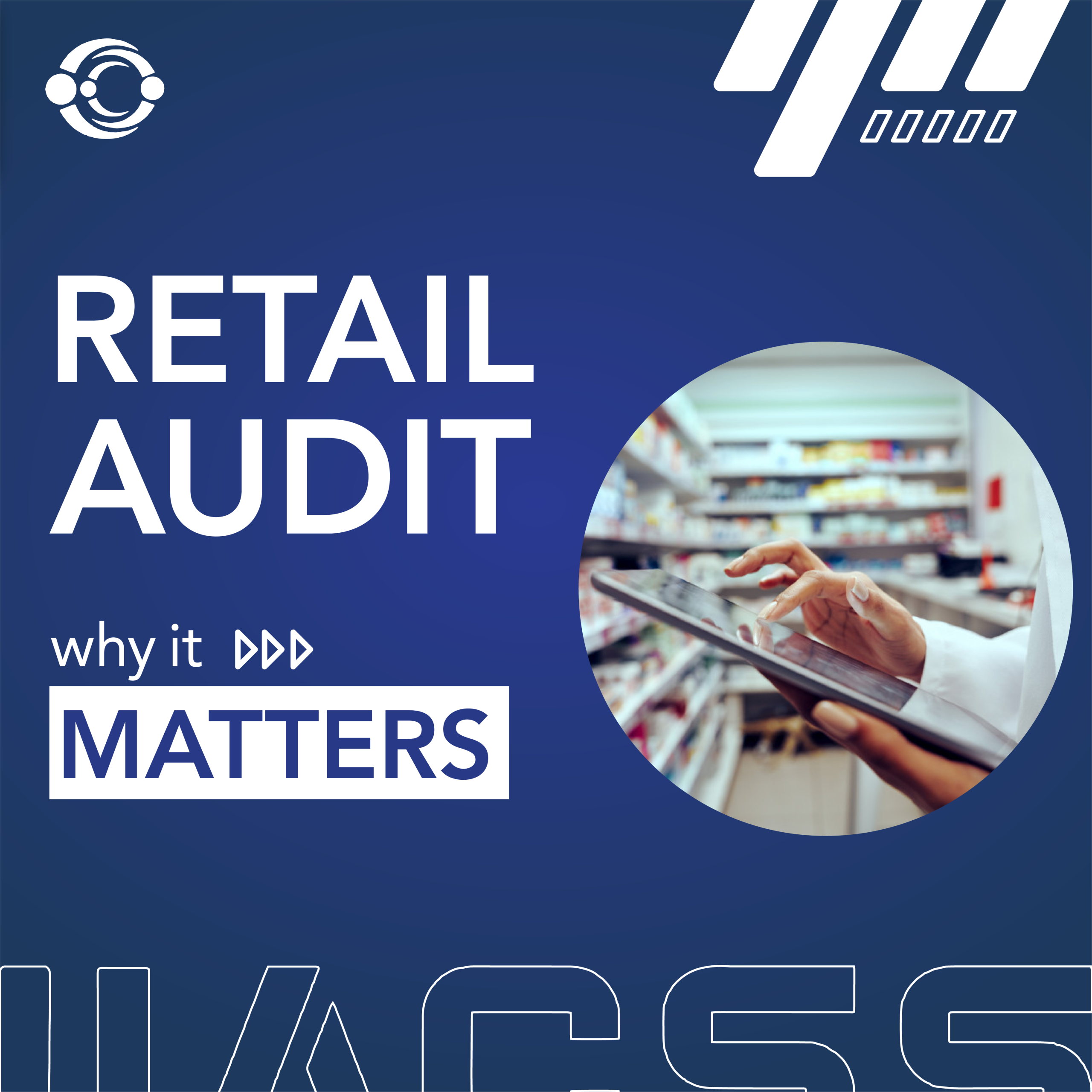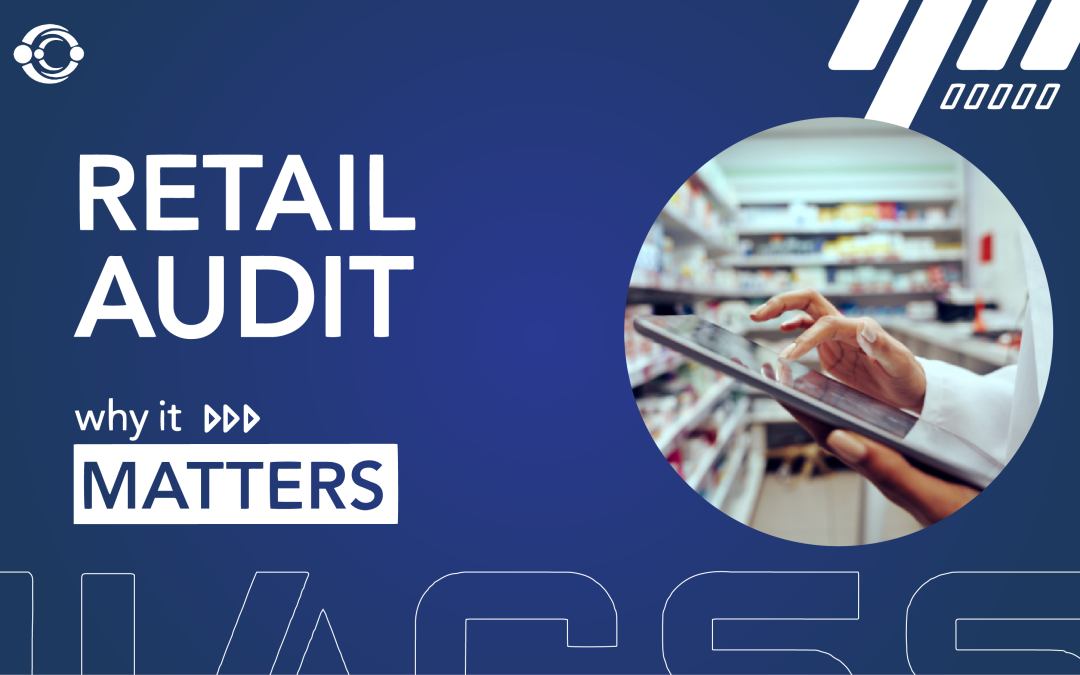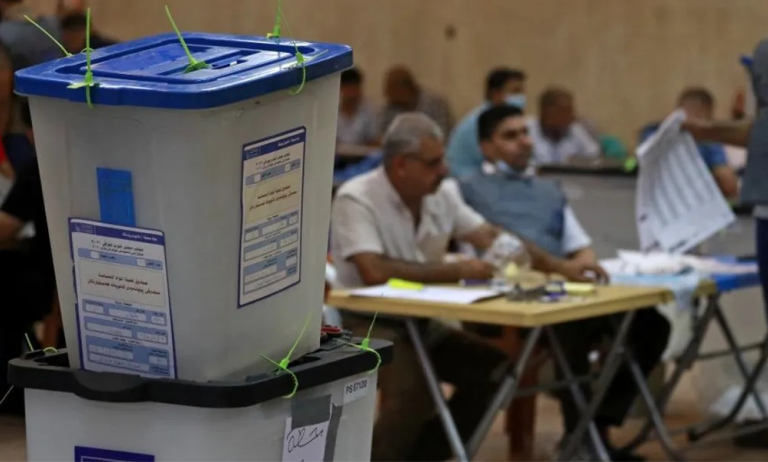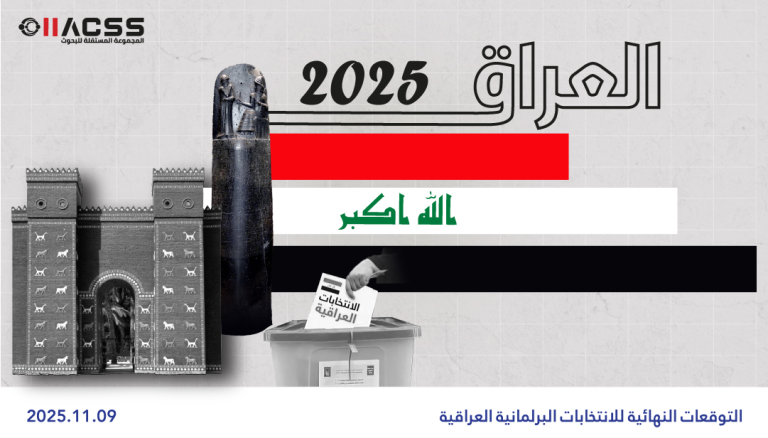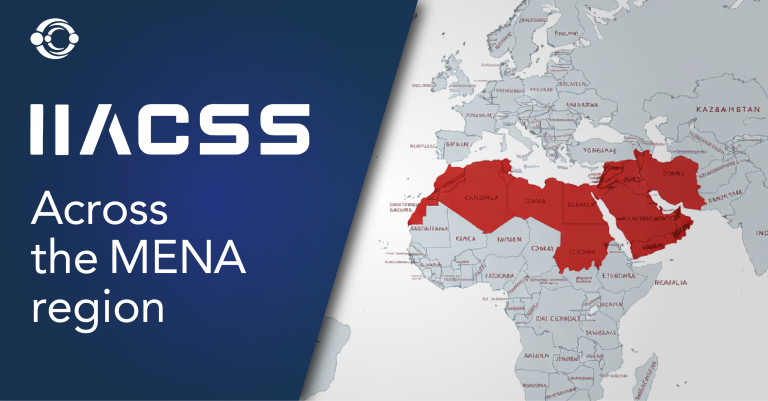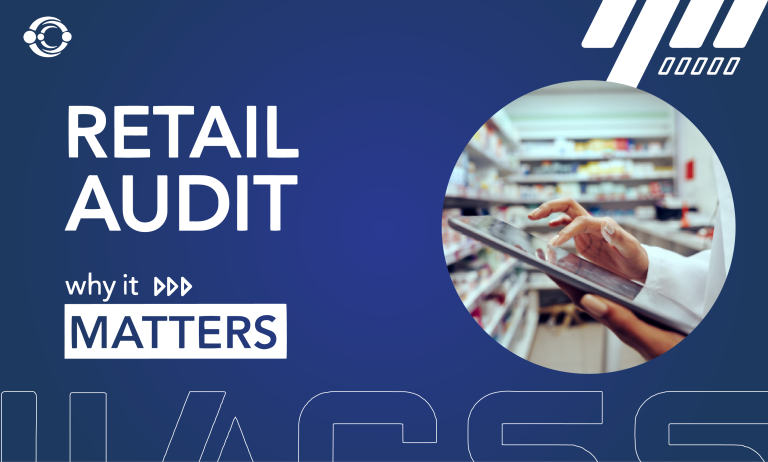Imagine Sarah, a mother of two, walks into her neighborhood store looking for the infant milk her youngest child relies on. It is the brand she has trusted for months. But as she scans the shelves, it is nowhere to be found. Instead, a different brand is neatly stacked, prominently displayed. After a moment’s hesitation, she picks it up. She does not have the luxury of waiting.
Later, she tells her friends how her regular brand has been out of stock lately and even recommends the new one she tried.
Now imagine hundreds of mothers like Sarah every day, making that same unexpected switch, not because the product failed in quality, but because it simply was not available when they needed it.
This is how brands lose market share quietly and steadily. Not through bad reviews or poor advertising, but through absence, at the moment of truth. That is where retail auditing steps in.
What is Retail Audit
Retail auditing is a form of syndicated research designed to track the movement of fast-moving consumer goods (FMCG) from the manufacturer to the end consumer through the retail trade sector. It does not cover other parts of the supply chain, like wholesalers, semi-wholesalers, institutions, or open markets.
The audit is conducted on a permanent, representative sample of retail outlets that reflect the defined retail trade, not the total market. It helps companies understand and analyse what is happening on the shelf and how their products are performing in real-world sales environments.
Retail audits allow businesses to answer critical questions:
- Is my product available in the right stores?
- Is it priced correctly?
- Are promotional offers being applied as planned?
- Are competitors more visible or better organized on the shelf?
In a fast-moving market, these answers can make the difference between steady growth and slow decline.

Retail Audit in Iraq :
OUR JOURNEY
IMR – Independent Market Research Company – is a professional Iraqi market research organization founded by IIACSS in 2011. Its creation marked a strategic expansion by IIACSS into the retail measurement industry, aiming to build a retail index that tracks the flow of FMCG products from store shelves to consumers.
This initiative was the first of its kind in Iraq, designed to provide both multinational and local brands with insights into how their products are being sold, seen, and substituted.
IMR brings together the deep local expertise and field network of IIACSS with a dedicated team of researchers specialized in retail analytics. To strengthen this effort, IMR partnered with Retail Zoom (RZ) to launch a monthly retail audit service in Iraq. IMR handles all fieldwork and local data entry, while RZ oversees panel design, data processing, and client services. IMR retains full ownership of the data.
The retail audit officially began in December 2011 with opening stock checks. The coverage spans all Iraqi cities with populations above 70,000, covering around 60% of the national population and 80% of the urban population.

HOW IT WORKS?
From Trade Census to Monthly Visits
The foundation of any credible retail audit is a Trade Census—a detailed mapping of the entire retail landscape in a given area. IMR conducted a comprehensive trade census to understand the full universe of retail outlets. This census then became the “selection frame” for building a representative sample.
From this base, retail outlets are selected to ensure the sample reflects the universe accurately and the scope of work—by type of store, size, location, and other characteristics. This is crucial because data collected from the sample is extrapolated to represent the broader market using statistical techniques. The extrapolation is done by cells, each cell being a channel (e.g., supermarkets, groceries, pharmacies) within each city or region.
Every month, trained auditors visit the same stores using GPS-enabled handheld devices (HHTs). They record data on product stocks, purchases, and prices of every SKU (stock keeping unit) present. Visits occur consistently on the same day each month (accounting for holidays), ensuring comparability and reliability in the data- Read more.
This disciplined and scientific approach gives brands ongoing visibility into what is happening where it matters most: the shelf.
Why Retail Audits are ESSENTIAL?
Retail audits help companies stay alert, agile, and informed. With this data, they can:
- Fix distribution issues before customers do.
- Ensure merchandising plans are executed correctly.
- Detect price inconsistencies or missing promotional offers.
- Benchmark performance against competitors.
- Develop data-driven sales and marketing strategies.
Retail audit is not just about collecting numbers about understanding real shopper behavior at the moment of purchase.
CONCLUSION
THE SHELF is where the story begins
If Sarah’s preferred infant milk brand had monitored its in-store availability, ensured proper stock levels, and maintained visibility, she might never have had to switch. She would still be recommending that brand to her friends.
In retail, absence is defeated. And customers, like Sarah, do not wait.
Retail auditing ensures that brands are present at the right place and time, so that their story continues, one purchase at a time.
